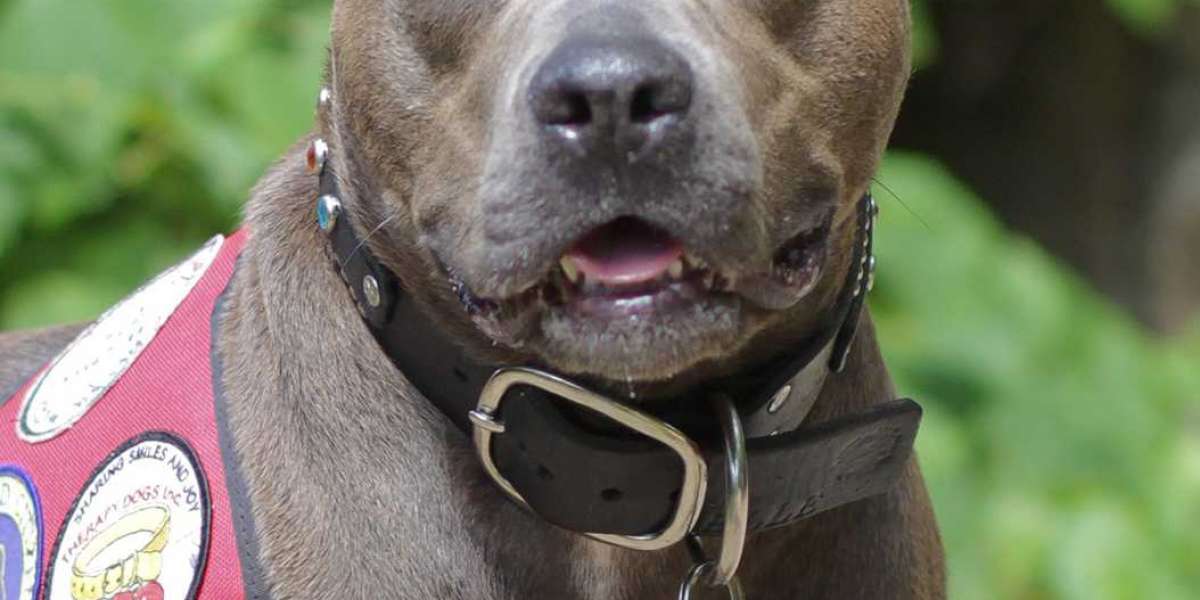What are Service Animals?
Under the Americans with Disabilities Act (ADA), a service animal is defined as any dog that is individually trained to do work or perform tasks for a person with a disability. These tasks can include guiding people who are blind, alerting people who are deaf, pulling wheelchairs, alerting and protecting people during seizures, reminding people to take medication, calming people with Post-Traumatic Stress Disorder (PTSD) during anxiety attacks, and more. Generally speaking, only dogs qualify for service animal status; however, under certain circumstances miniature horses may also be certified as service animals.
Can American Bullys Serve as Service Animals?
American Bullys can technically qualify as service animals; however it is important to note that not all dogs will have the temperament or training required to serve in such an important capacity. The best way to determine if your American Bully has what it takes is by taking him/her through official testing provided by an accredited organization like Assistance Dogs International (ADI). These tests assess each dog's ability to perform specific tasks reliably in different environments while remaining calm and focused on their handler's instructions.
In addition to testing, potential handlers should also be aware of any breed restrictions that may exist in their area before pursuing a service dog certification for their American Bully. Many landlords and businesses that permit assistance animals do not permit breeds like Pit Bulls because of their size and strength; these restrictions apply even when the animal is certified.
Ultimately, whether or not an American Bully can serve as a service animal depends on the individual dog's temperament and training capabilities. However, it is important to keep in mind that there may be restrictions imposed by landlords or business owners based solely on the breed of your canine companion—even if he/she has been certified as an assistance animal. Therefore it is important to research local regulations before proceeding with certification plans for your pet. While having a beloved family member by your side at all times may sound appealing, you need to make sure you are able to legally accommodate them first!



